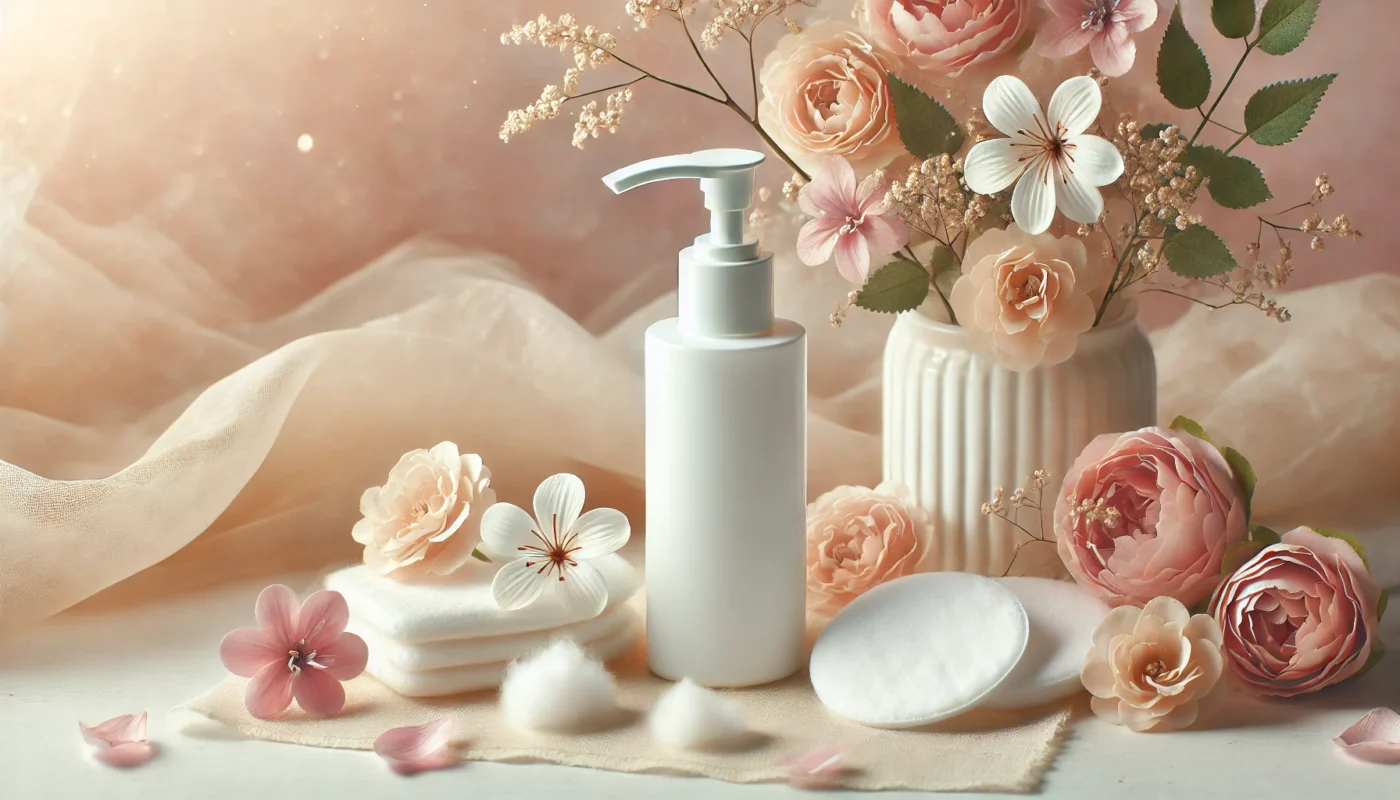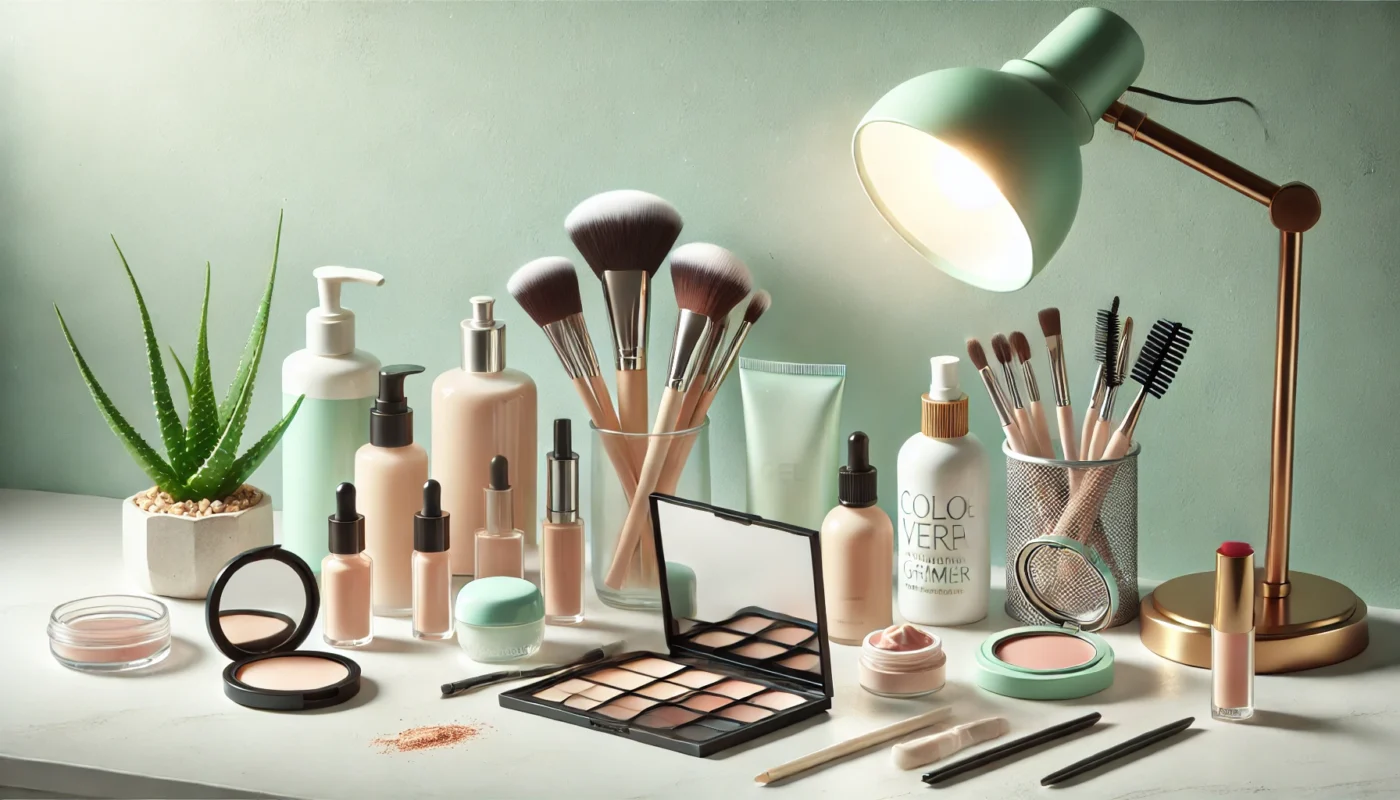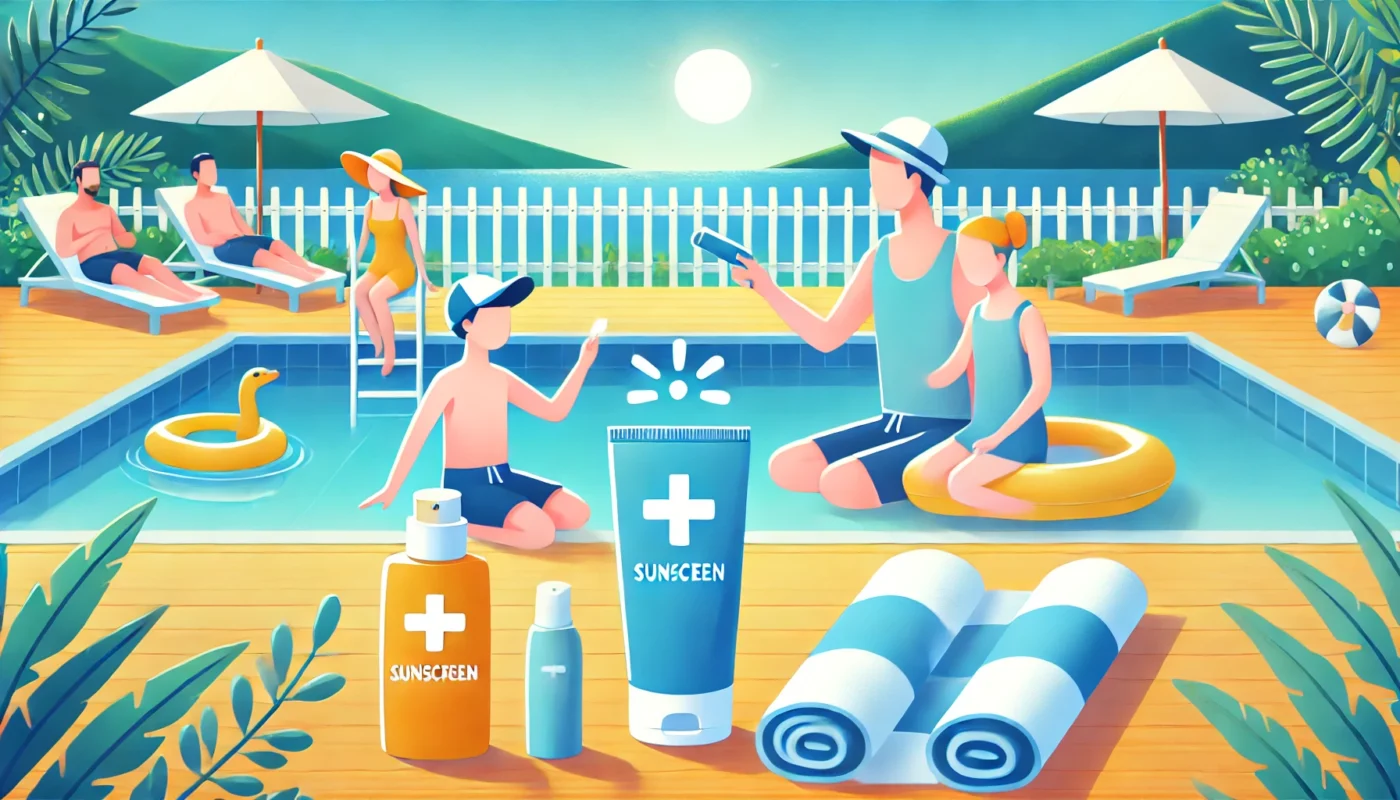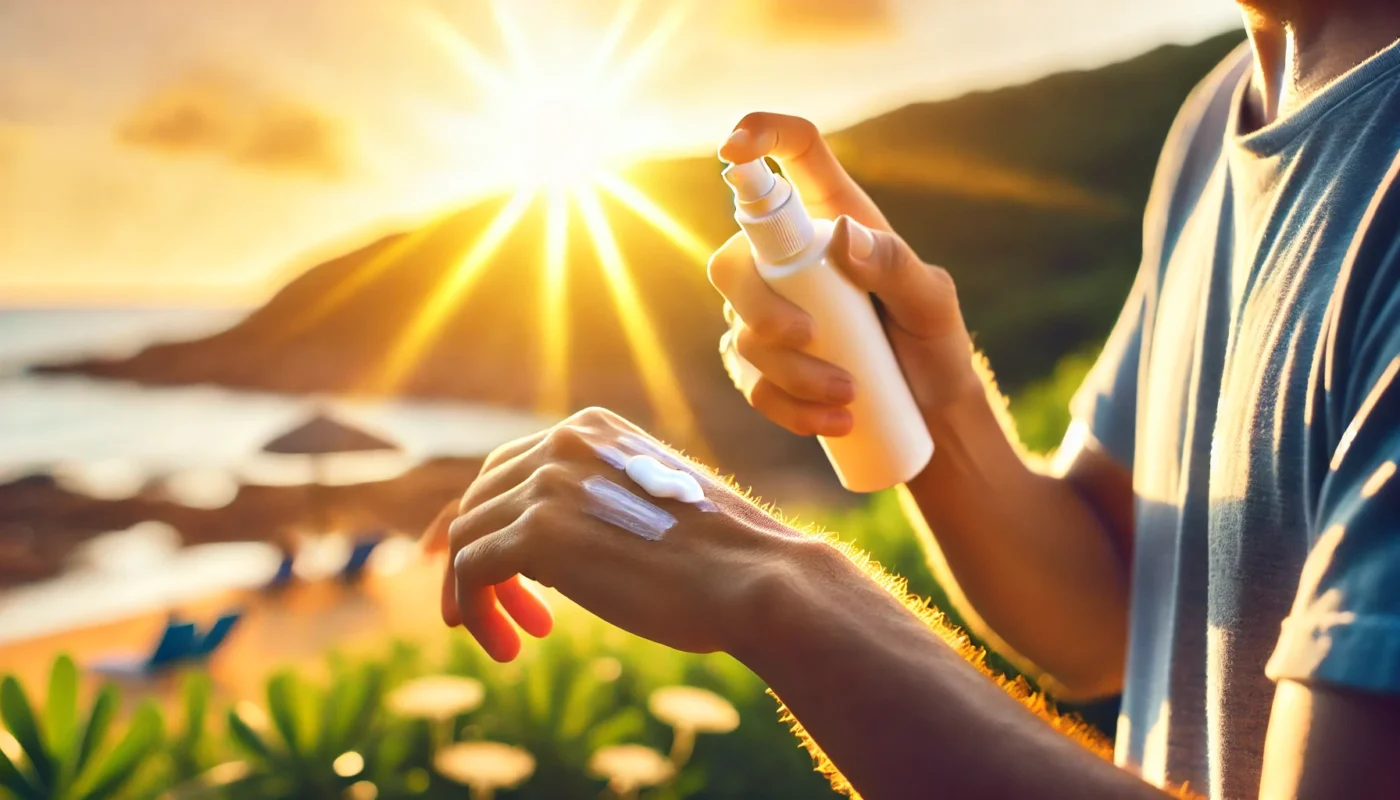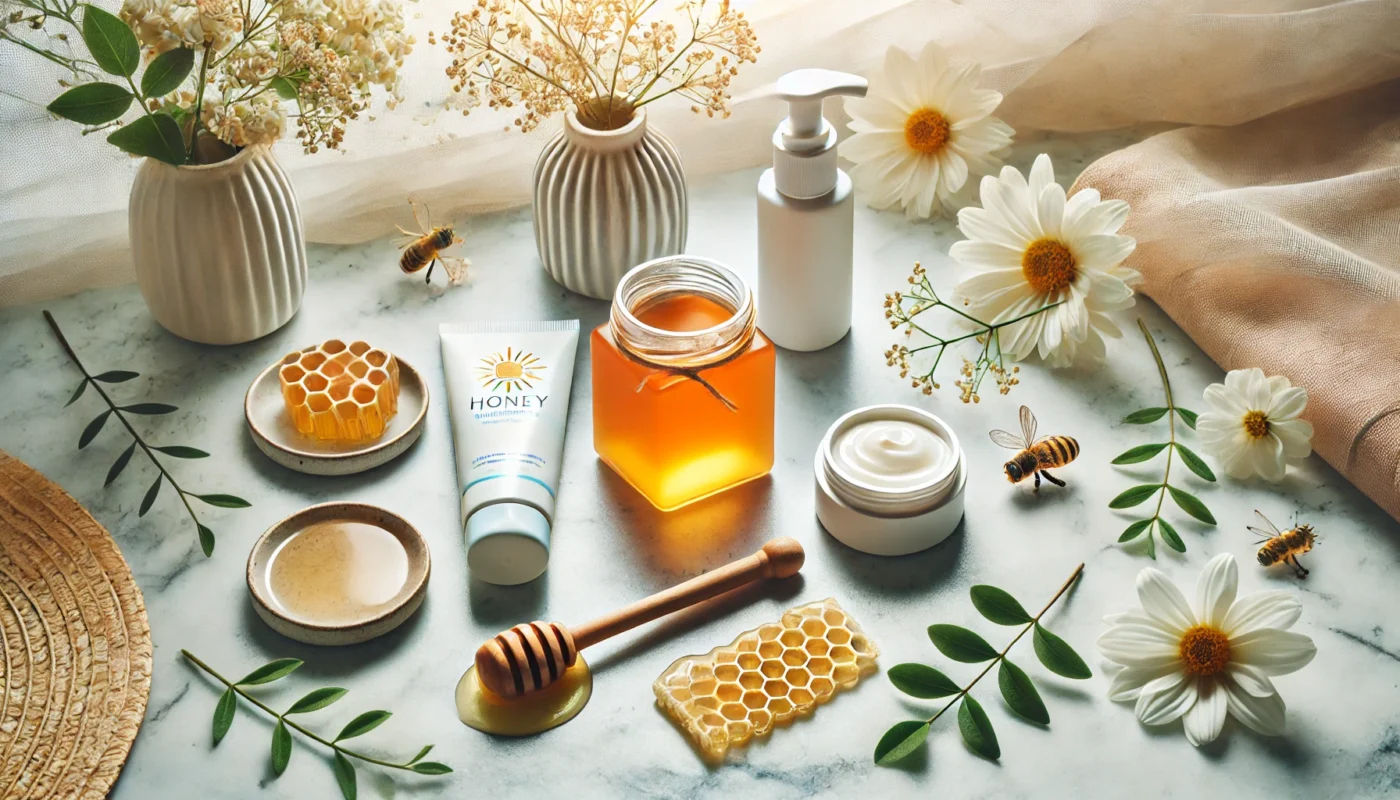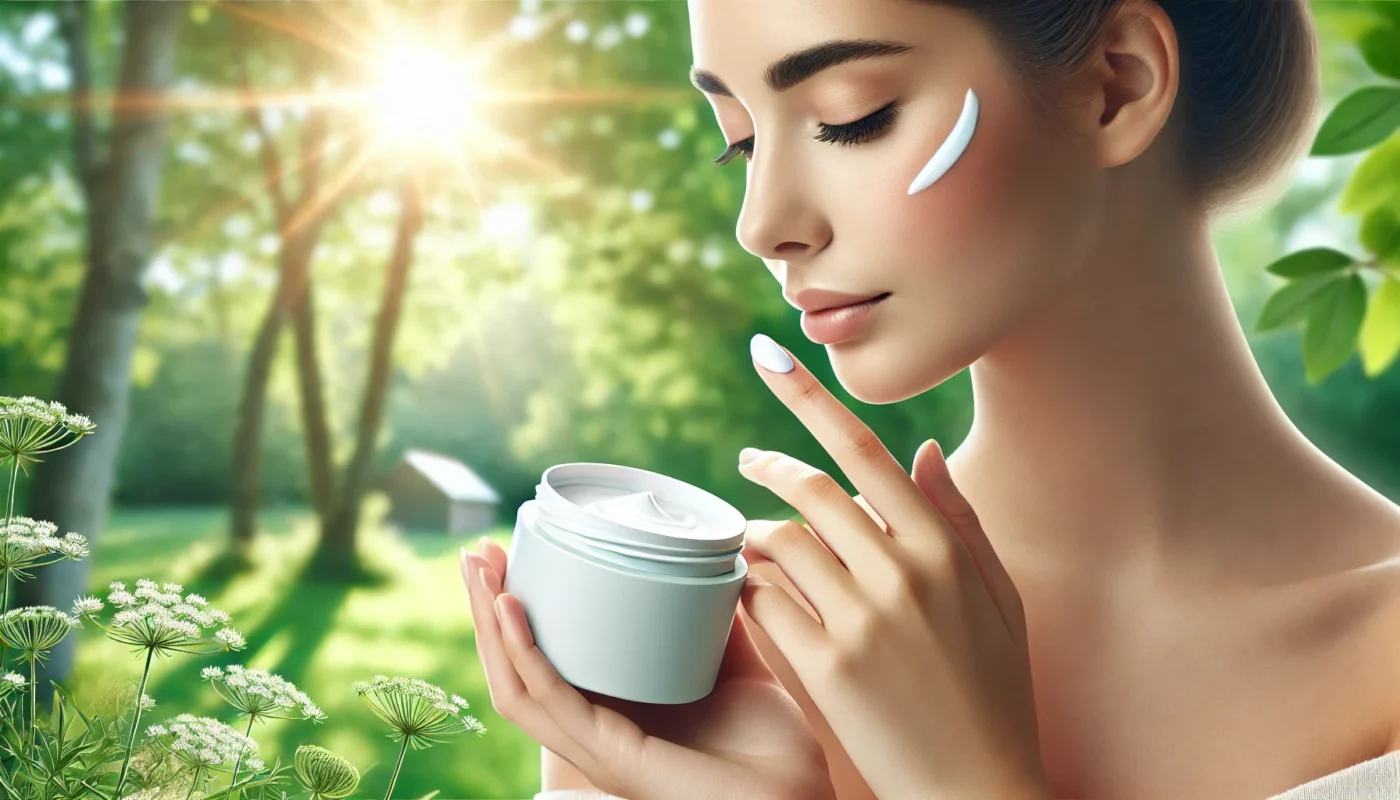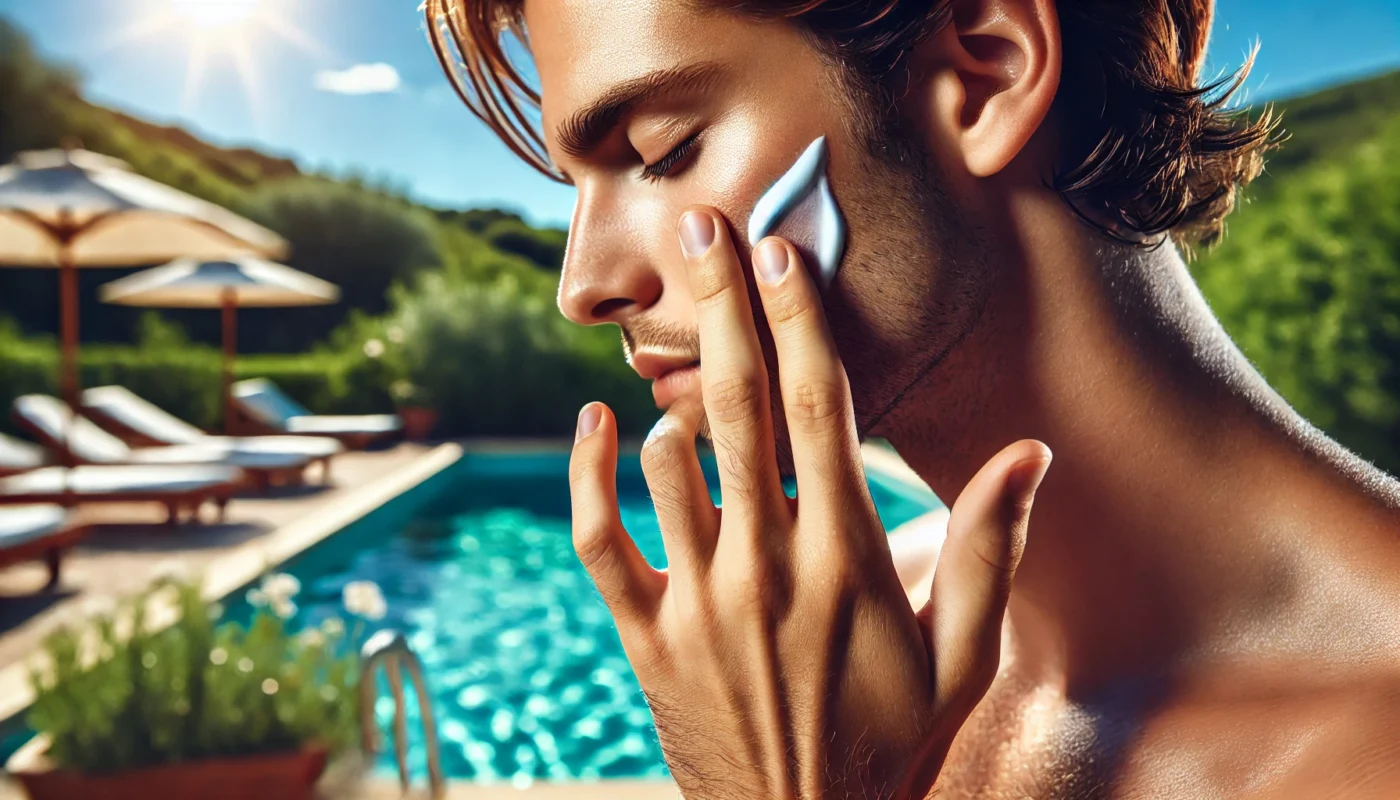Sunburn is a prevalent issue that can impact anyone, but it poses a significant risk for individuals with fair skin. This skin type, characterized by lower melanin levels, is particularly vulnerable to the detrimental effects of ultraviolet (UV) radiation. This article will explore why fair-skinned individuals are more prone to sunburn, delve into the biological mechanisms of sunburn, and provide practical strategies for effective skin protection.
Tag Archives: sunburn prevention
Cancer treatments, such as chemotherapy and radiation, can significantly alter skin sensitivity, making it more susceptible to sun damage. The skin’s natural barrier becomes compromised, necessitating a heightened level of protection. Sunscreens play a vital role in safeguarding the skin, preventing sunburn, and reducing the risk of long-term damage. The best face sunscreen for cancer patients should provide robust protection while being gentle on the skin.
Summer is a glorious season, inviting us outdoors for adventures under the sun. Yet, along with its warmth and vitality, summer brings the risk of sunburn. Despite our vigilant efforts to apply sunscreen, the sun’s rays sometimes succeed in leaving their mark. If you’ve ever found yourself with a sunburn and in need of a quick fix, don’t fret. With the right makeup techniques, you can effectively conceal that sunburn while allowing your skin the crucial time it needs to heal. This article will guide you through expert advice on how to cover up sunburn on both the face and body. We will also explore sunburn treatment, prevention, and relief strategies to ensure your skin remains healthy and protected.
When summer rolls around, one of the most delightful activities is diving into a pool or the ocean. However, with the sun at its peak, protecting your skin becomes a priority. Applying sunscreen is a crucial step before swimming, but how long should you wait before you take that plunge? In this comprehensive guide, we’ll explore the best practices for swimming post-sunscreen and ensure that your skin remains protected against harmful UV rays.
The timing of sunscreen application is crucial. Applying sunscreen 15 minutes before sun exposure is a guideline rooted in the functionality of chemical sunscreens. These sunscreens contain organic compounds that need time to absorb into the skin and form a protective barrier against ultraviolet (UV) radiation.
Sunburn can be a painful consequence of spending too much time under the sun. It’s a common issue that many people face, especially during the warmer months. But did you know that honey, a natural substance produced by bees, can offer relief? Yes, honey, specifically sunburn honey, has been used for centuries as a remedy […]
Sun protection is a crucial part of any skincare routine. It shields our skin from harmful UVA and UVB rays.
But not all sunscreens are created equal. Some can leave a greasy residue, making your skin feel oily.
This can be a particular issue for those with oily or acne-prone skin. It can also be a nuisance for fitness enthusiasts who don’t want their sunscreen to interfere with their workout.
Enter non-oily sunscreens. These products offer the same protection without the greasy feel. They’re a game-changer for those who want to protect their skin without the shine.
In this guide, we’ll delve into the world of non-oily sunscreens. We’ll explore the science behind these formulations and how they can benefit your skin.
Sun block cream, often synonymous with sunscreen, is a topical product designed to protect the skin from the damaging effects of ultraviolet (UV) radiation. These creams can prevent sunburn, reduce the risk of skin cancer, and help prevent premature aging.
Sun protection is a crucial aspect of skin health. It’s not just about avoiding sunburns, but also about preventing skin cancer and premature aging.
Water-resistant sunscreen for the face is a game-changer. It’s designed to stay on your skin longer, even if you sweat or swim.
But what does water-resistant really mean? And how does it differ from waterproof sunscreen?
This guide will answer these questions. It will also explain the importance of SPF and broad-spectrum protection.
We’ll delve into the considerations for different skin types. From oily to dry, sensitive to acne-prone, we’ve got you covered.
You’ll learn about the pros and cons of mineral and chemical sunscreens. Plus, we’ll highlight the key ingredients to look for in a water-resistant sunscreen.


